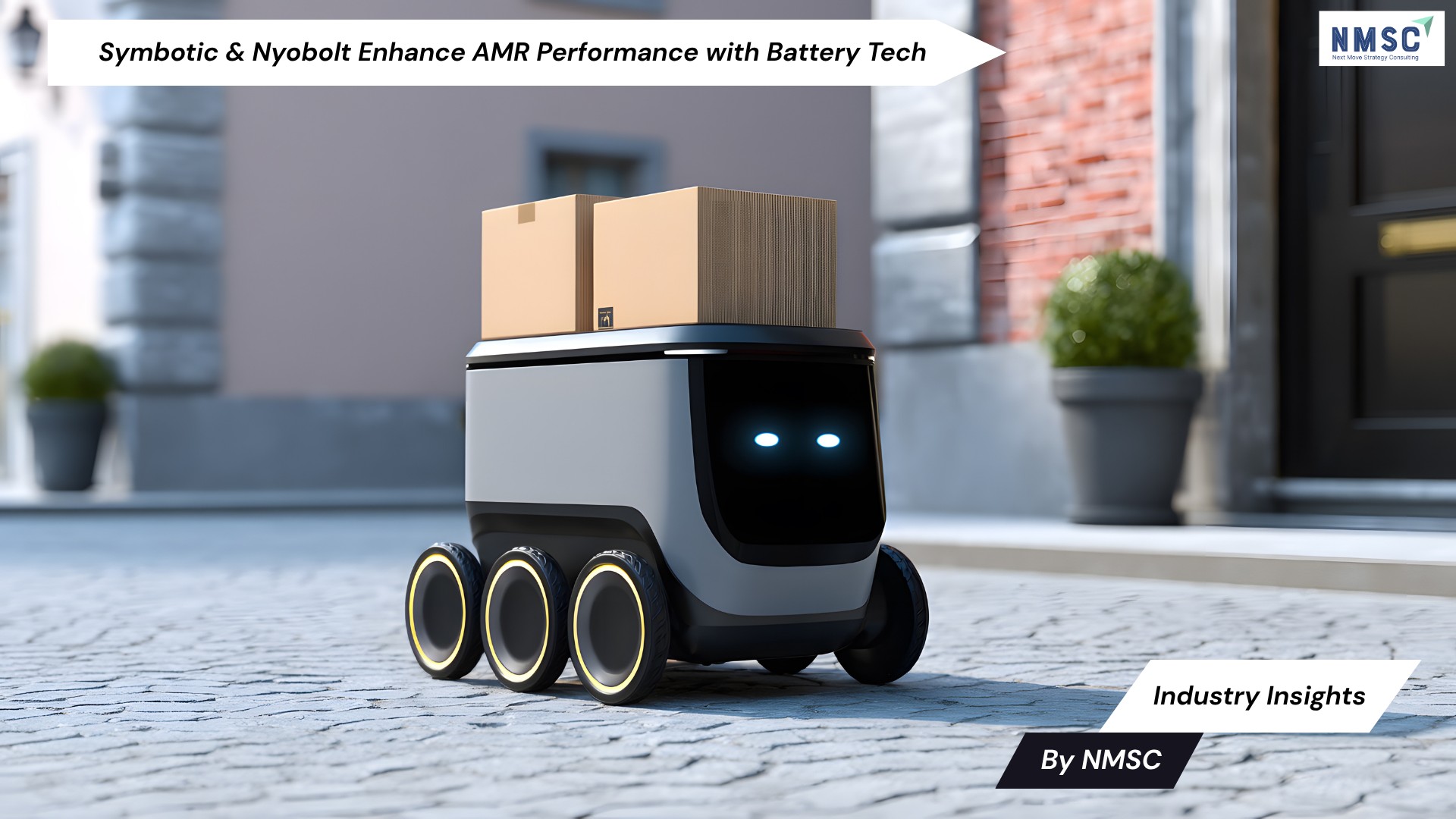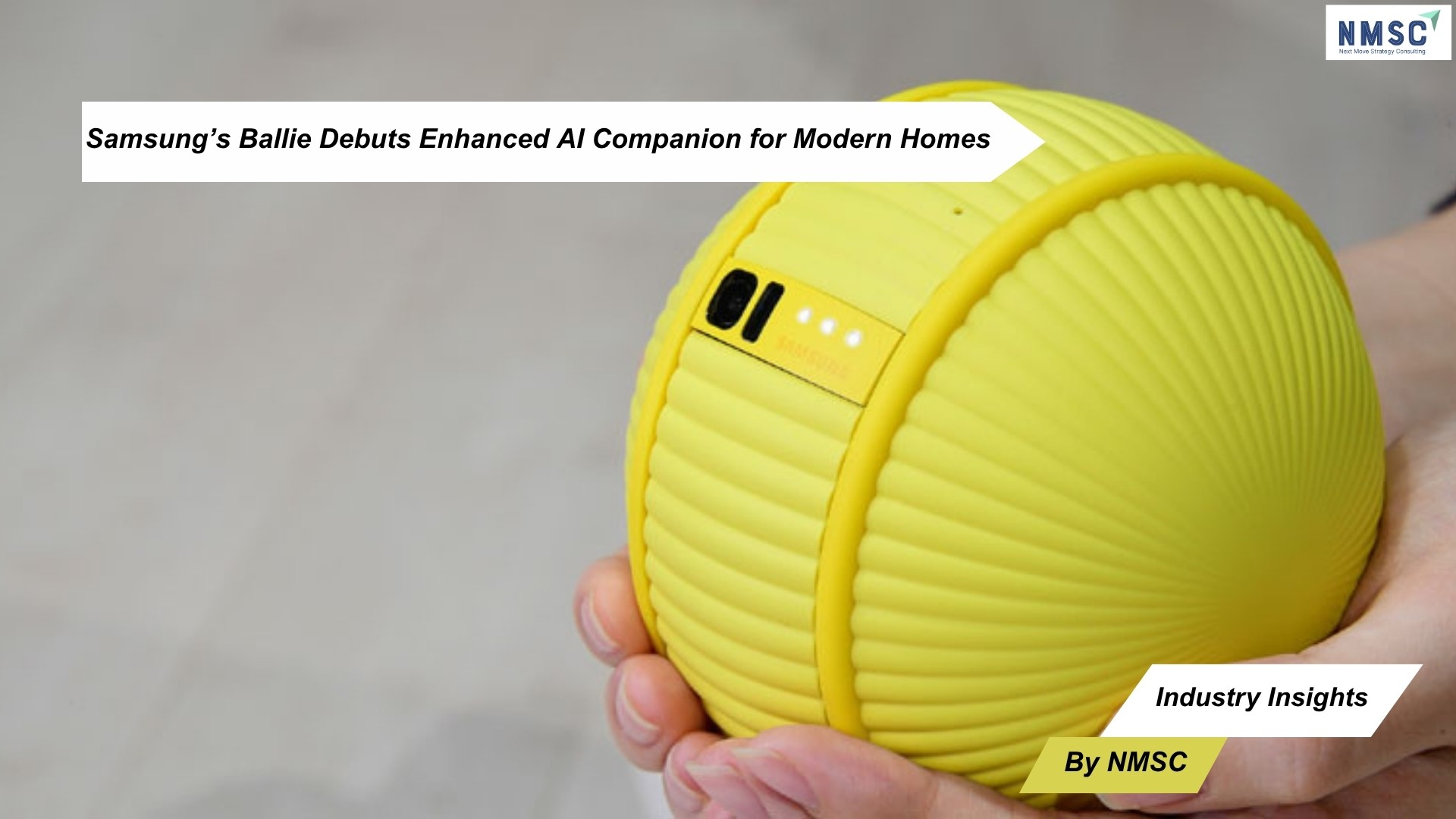Australia Delta Robots Market is expected to reach USD 16.56 million by 2030
Published: 2025-01-20
The thriving food and beverage industry and rising government initiatives are driving up demand for the Australia Delta Robots market during the forecast period.
Australia Delta Robots Market was valued at USD 5.47 million in 2022, and is predicted to reach USD 16.56 million by 2030, with a CAGR of 13.87% from 2023 to 2030, according to new research by Next Move Strategy Consulting.
The primary industry in Australia is the food and beverage manufacturing sector, which accounts for approximately 4% of Australia's GDP. This industry encompasses the production of all processed, packaged, and ready-to-sell food and beverages commonly found in supermarkets and other retail establishments. It includes the manufacturing of meat and meat products, processed seafood, dairy products, processed fruits and vegetables, oils and fats, grain mill and cereal products, bakery items, sugar and confectionery, beverages, and tobacco.
Australia's extensive food and beverage industry heavily relies on delta robots as advanced automation solutions. These robots play a critical role in enhancing production efficiency, streamlining packaging processes, and ensuring precision when handling delicate food items. Ultimately, they contribute to increased productivity and the maintenance of high product quality. As a result, it is anticipated that the utilization of delta robots will continue to drive market growth in this sector.
However, the market is confronted with a significant obstacle to its growth, primarily stemming from the steep price associated with delta robots. Despite the well-known precision and efficiency of these robots, their high cost can act as a deterrent for many businesses, especially small and medium-sized enterprises (SMEs).
Moreover, the extended time required to realize a return on investment (ROI) due to these substantial upfront expenses can dissuade companies looking for immediate cost savings and efficiency enhancements. This situation not only hinders the expansion of the market but also contributes to market consolidation, as only larger corporations can afford and reap the benefits of this advanced automation technology.
The delta robot market has a substantial opportunity for growth by incorporating advanced technologies like computer vision and artificial intelligence (AI) to elevate precision. These state-of-the-art technologies empower delta robots to operate with greater accuracy and efficiency, opening up new possibilities for applications across diverse industries.
Combining computer vision and AI doesn't just improve precision; it also increases overall productivity while reducing errors in manufacturing. This can save costs, enhance product quality, and make businesses more competitive when they use delta robots with these advanced technologies. As industries keep adopting automation and need more precision and flexibility, the delta robot market is poised to gain substantially from integrating computer vision and AI.
Request for a Sample PDF on the Australia Delta Robots Market
According to the report, leading players in the Australia Delta Robots market include ABB Ltd., Fanuc Corporation, Kawasaki Heavy Industries Ltd, Yaskawa Electric Corporation, FESTO, Weiss GmbH, Omron Corporation, IGUS GmbH, Cama Group, and KUKA AG.
Key Insights from the Australia Delta Robots Market Report:
-
The information related to key drivers, restraints, and opportunities and their impact on the Australia Delta Robots market is provided in the report.
-
The value chain analysis in the market study provides a clear picture of the roles of each stakeholder.
-
The market share of players in the Australia Delta Robots market is provided in the report along with their competitive analysis.















Add Comment